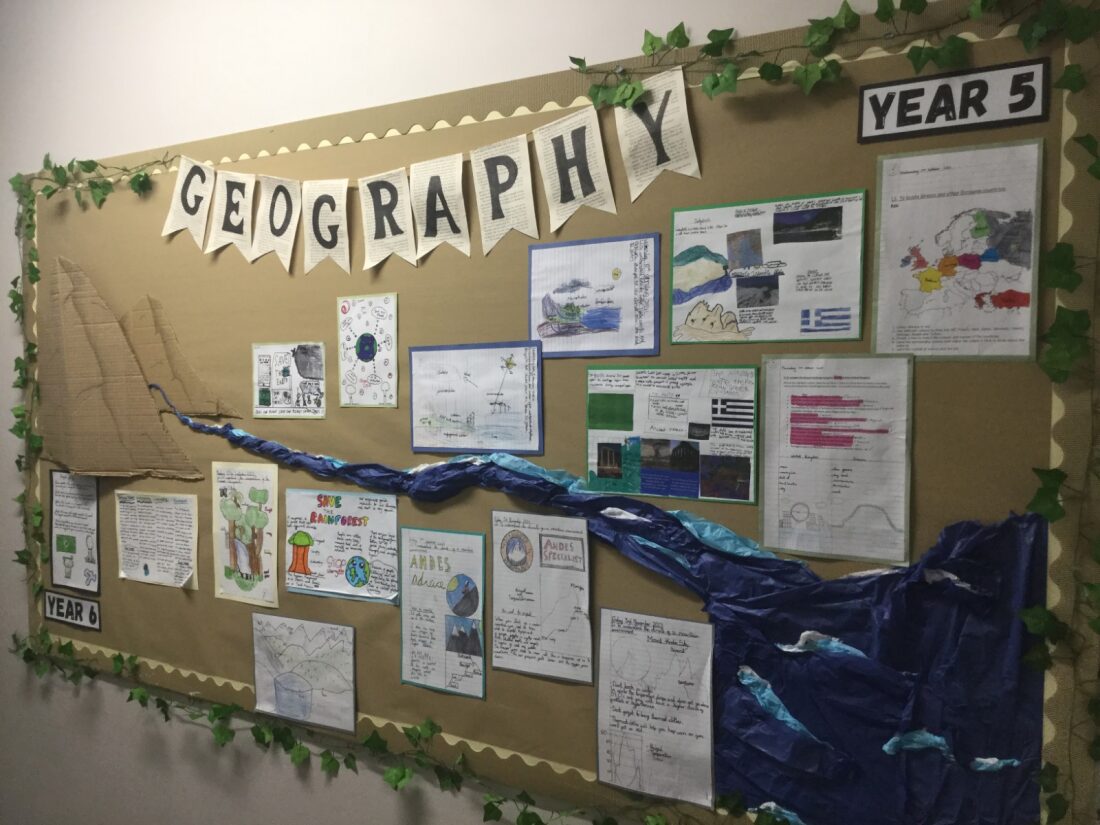Geography
Geography (literally translated as earth-writing) is the never-ending task of describing and making sense of the world (Geographical Association, 2020). At Joy Lane Primary School, we actively encourage our children to develop their own curiosity about the world around them in order to make sense of what they see. We recognise that our world is forever changing, and we reflect this in our geography curriculum. We foster our children’s interest in both the natural and human aspects of the world, ask questions that provoke a deeper level of thinking about complex geographical ideas and encourage them to understand our interdependence with other people and places within our own country, as well as the wider world. We explore the similarities and differences between our local community and the impact we make on the wider world. Geography helps our children to appreciate the significance of people’s beliefs, attitudes and values across the world, promoting tolerance, understanding and, importantly, respect for our precious planet.
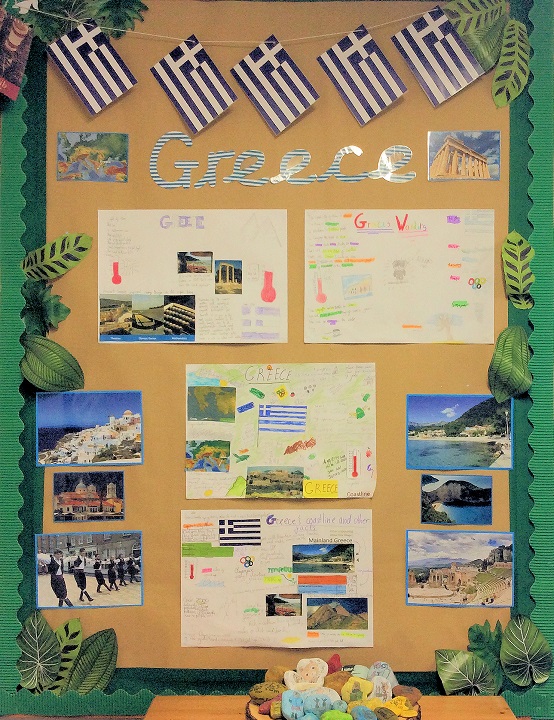
Geography is, by nature, an investigative subject which develops our understanding of concepts, knowledge and skills. We seek to inspire a curiosity and fascination about the world and its people which will remain with them for the rest of their lives. We endeavour that our curriculum will promote the children’s interest and understanding of their locality as well as diverse places, people, resources and natural and human environments, together with a deep understanding of the Earth’s key physical and human processes.
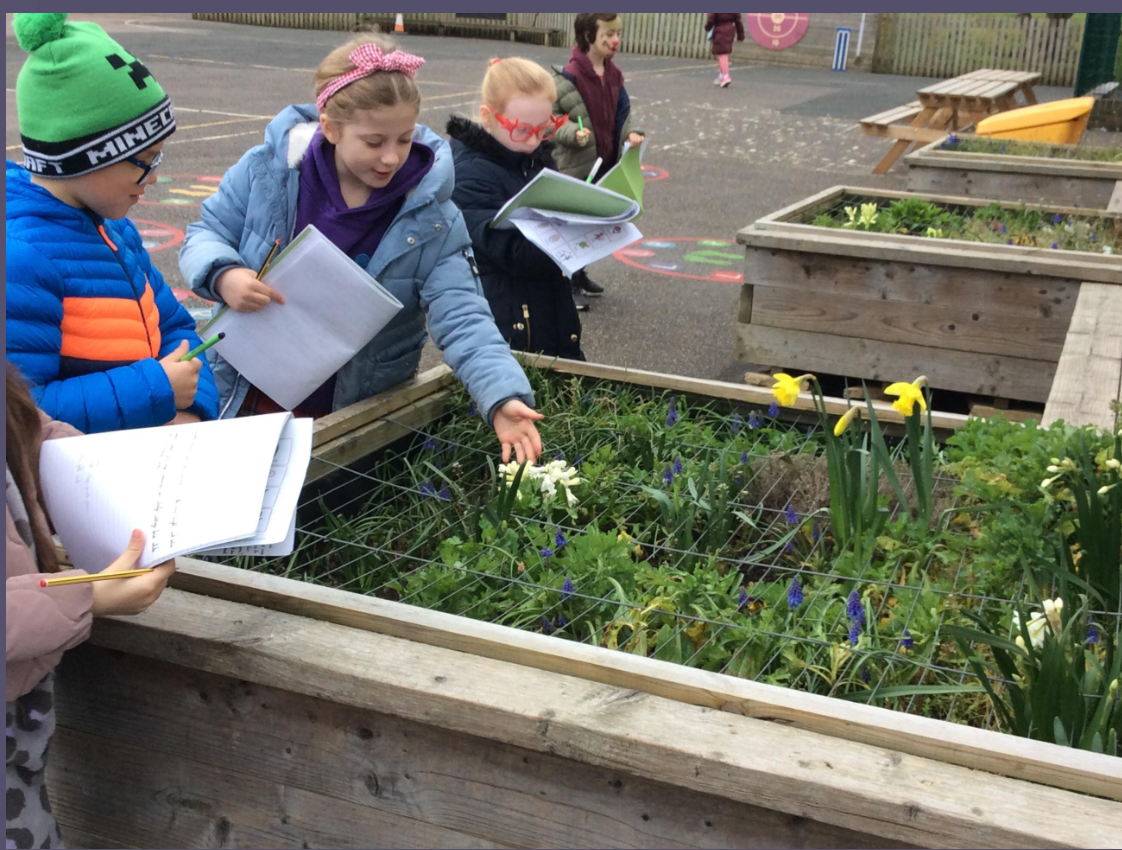
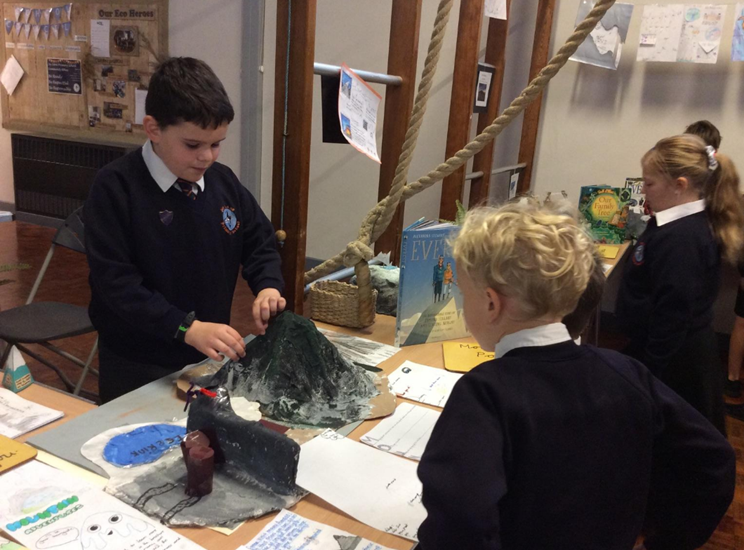
Our school’s seaside location and spacious grounds mean that geography can really be brought to life through outdoor learning and fieldwork opportunities. We adopt an engaging and creative curriculum, exploring the treasures our local area and community offer, including investigating our local area as a bustling town, the seaside and sea safety. Our enquiry extends to develop children’s knowledge of the UK and its countries, capital cities, continents, oceans, environment regions, climate zones and biomes. This geographical content knowledge is then interspersed with geographical enquiry, which enables our learners to explore regions as case studies, geographical processes, such as the water cycle, and understand the interdependent nature of human and physical geography. We develop children’s visual literacy and geographical skills through their encounters with different types of maps and diagrams in addition to the broader concepts of place and scale.
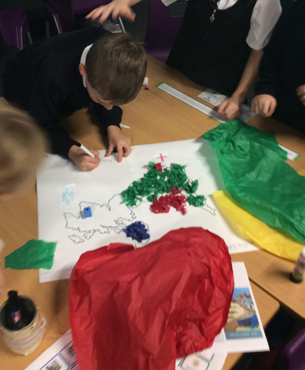
Through our eco-friendly approach, Forest School activities and our vast outdoor learning space, we promote a respect for the natural environment and encourage our children to consider the world around them from a whole-school, wider curriculum perspective.
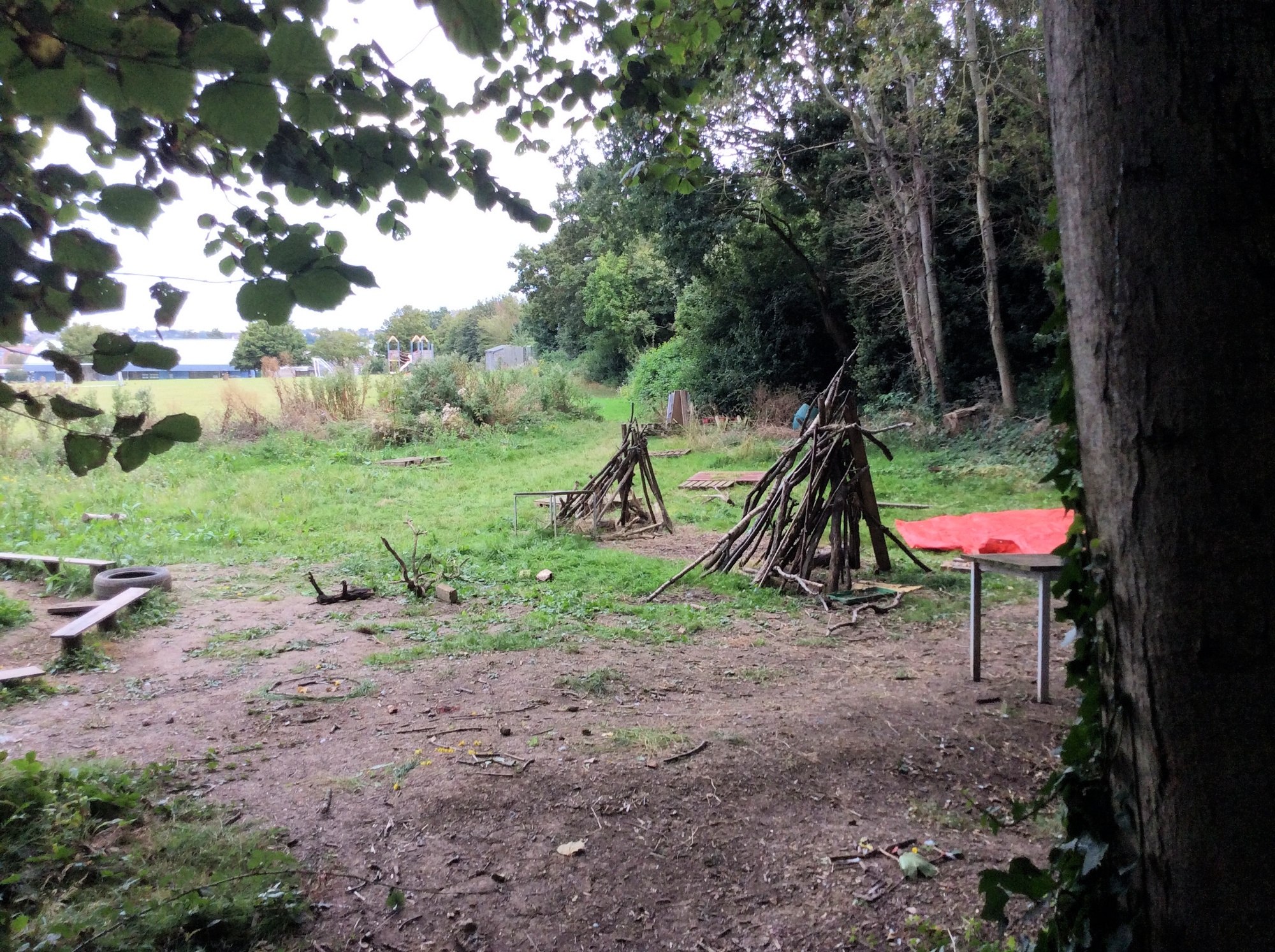
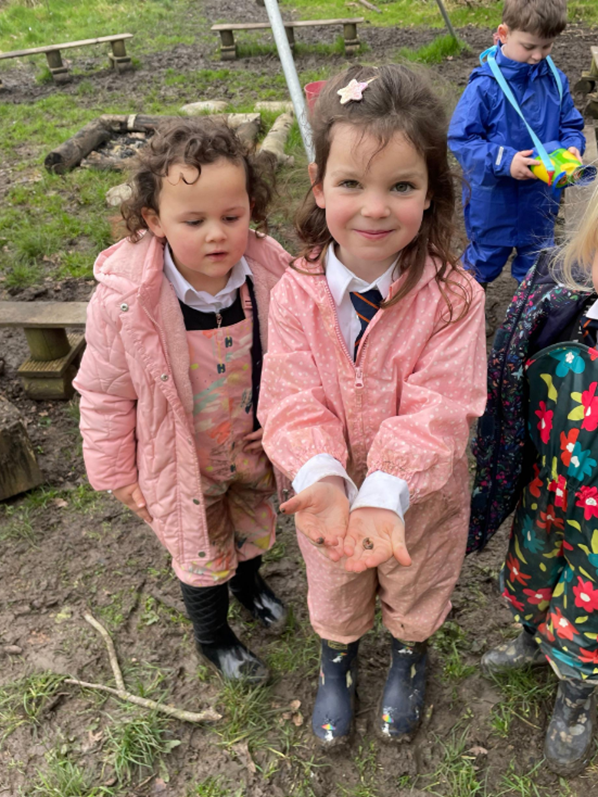
By studying our world through the processes that shape it, and the people who live in it, we aim for our pupils to become knowledgeable and skilful global citizens equipped to live responsibly in the 21st century.
